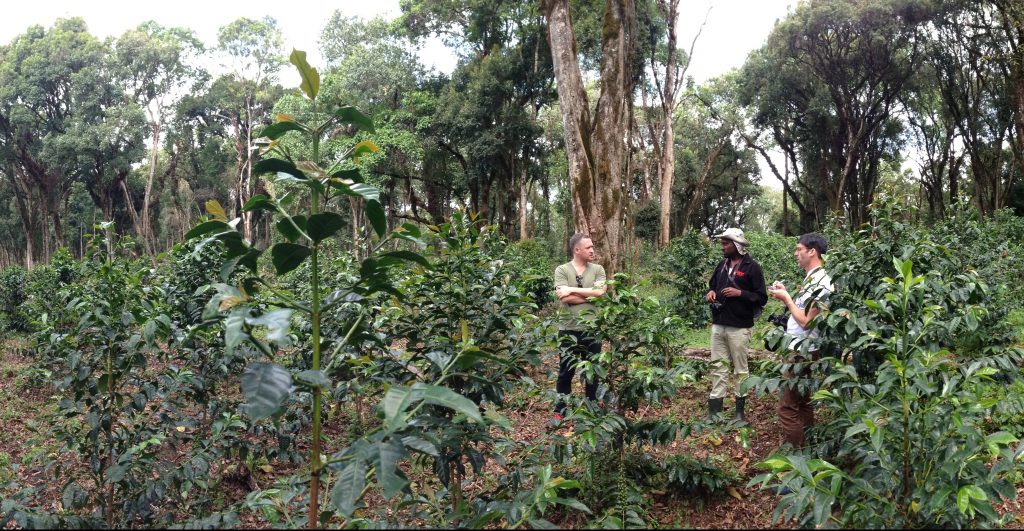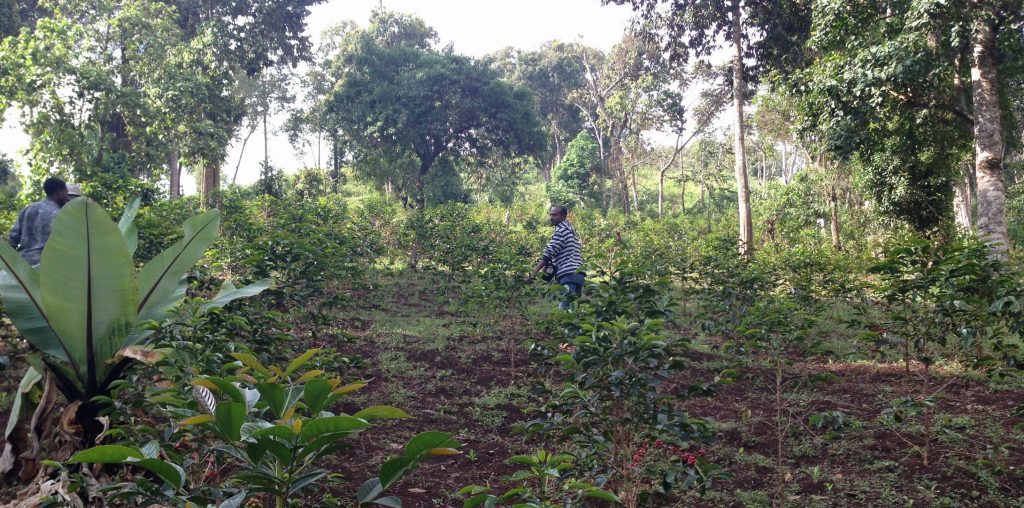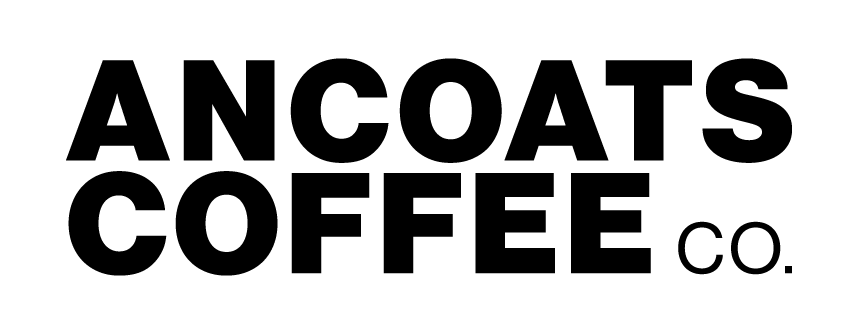Virtually unknown till last year, Kayon Mountain is a name that is growing in popularity among roasters all over the UK. Kayon is both a farm and processing station in the zone of Guji, in the Oromia region of Ethiopia, and it’s reputation is well-deserved. The enterprise as a whole is young: the Hassen family got permission from the government to buy the two plots (of 70 and 40 hectares) in 2012 and back then it was pretty much bushland with some native trees. They started growing coffee from scratch and had to wait four years before the trees were yielding and producing high quality beans. But when they finally did, in 2016, the investment paid off.

Richard Williams from Falcon Coffees has been to Kayon last December and shared his finding with us
The beautiful combination of blueberry, chocolate and violet florals on the cup was what caught the attention of our head-roaster Jamie last year, when we tried the first successful crop. Jamie was looking for an Ethiopian coffee to replace our favourite at the time, the Rocko Mountain Reserve. Big shoes to fill, as Rocko was bright and creamy with notes of strawberry that made it taste great on its own and through milk. It quickly became an all-round crowd pleaser! But Kayon shone on the cupping table and Jamie had no doubt as to which coffee he would choose. The decision was sound. Kayon grew on us and, when the time came to decide which Ethiopian coffee we would go for this year, it had to be Kayon again. The new crop is tasting even better. With notes of blueberry, florals and wild honey, this lot it is our highest ever scoring coffee, graded 90.25 points!
A farm ahead of it’s time
It isn’t just the cup profile what makes Kayon so interesting. The farm is, in many ways, ahead of it’s time and a good example of what Ethiopian coffee can become in the near future. At the moment, nearly all growers sell their coffee through the ECX (Ethiopian Commodity Exchange), a commodities exchange agency created in 2008 to standardize coffee contracts, grades, payment systems and deliveries. The ECX corrected many problems in Ethiopia’s coffee trading, but created others, such as very broad and generic designations of origin – which makes very hard to trace where the coffee actually came from – and barriers for direct trade. Farms that export themselves, are part of cooperatives or have plots larger than 70 hectares, such as Kayon, can bypass the ECX.
But things are always changing and a bit chaotic in Ethiopia, as Richard Williams, trader at Falcon Coffees, informs us. The government has recently approved a new package of policies, the Growth and Transformation Plan, that will allow even smallholders to sell their coffee directly. The idea is to make the coffee traceable and the supply chain more transparent, which they hope will increase the volume of the country’s exports. This means that we should soon see a greater variety of Ethiopian coffees around from places we haven’t heard of before. Unknown farms, like Kayon a couple a years ago.
Experience and solid partnerships are key to quality

Native trees and fauna are preserved to create the perfect environment for the plantation
Why is Kayon in such a privileged position then? According to Richard, who’s visited the farm last December, the Hassens have long term experience in management. They own other businesses in Ethiopia and one of them has worked at the Oromia Coffee Farmers Cooperative Union (OCFCU) in the past. They have perfect growing conditions, but surely know what they are doing. For Richard, one of the reasons for their success is solid partnerships, not only with Falcon Coffees and the OCFCU but with Addis Exporter, one the oldest private export companies in Ethiopia. The farm is also organic certified and benefits from constant training and inspection by the local experts, who helps them move in the right direction.
One thing that has been working really well for the farm is it’s outgrowing scheme: the family buys and processes coffee from smallholders in the area. That means the coffee we get as Kayon doesn’t come only from the farm itself, but the Hassens guarantee the high standards of the beans by assessing quality and paying premiums to the growers. The family intend to expand this system and buy more land in the near future to increase its production. After all, as fame grows so does demand…
Kayon has a brand new washing station, built in 2015, and has produced washed coffees for this year’s harvest that are worth keeping eyes open for. Even if at Ancoats we favoured the natural lot, the washed promises floral and sweet notes with flavours of ripe fruit such as plum, apricot and – of course – blueberry. The future certainly looks bright for Kayon Mountain and the farm showcases both the potential Ethiopian coffee can achieve and the path it has to travel. We’ll be looking forward to see what the farm brings about in the years to come and what other “kayons” emerge from Ethiopia once the new government policies are enacted.

Great article. I’ve just visited the store in Ancoats and tried this coffee, it is truely excellent!! Nice work.